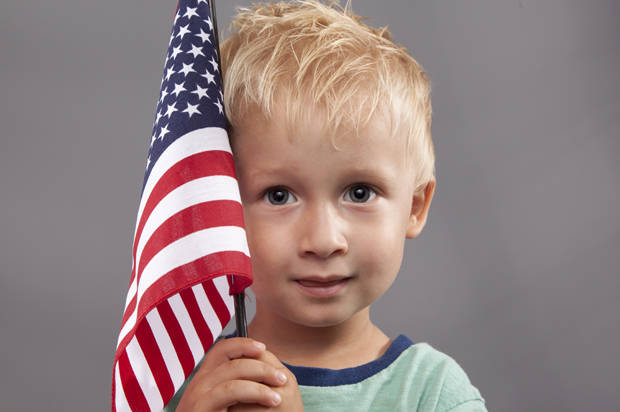In one of the most famous passages of the New Testament, the apostle Paul writes to the Christians of Corinth, employing a complicated series of metaphors on the theme of transformation: from childhood to adulthood, from ignorance to knowledge, from sinfulness to a state of grace. “When I was a child, I spake as a child, I understood as a child, I thought as a child,” the epistle runs, in the memorable rhythms of the King James Version. “But when I became a man, I put away childish things. For now we see through a glass, darkly; but then face to face: now I know in part; but then shall I know even as also I am known.”
I’m not a believer, in the ordinary sense of that word, and I’m aware that Paul is a problematic figure in theological history, to put it mildly. But those words have resonated with me over the last two weeks. Painful recent events on the ground in Ferguson, Missouri — and the strongly divided national response to those events — offer us a chance to become aware of the ways we see race in America “through a glass, darkly,” and perhaps also the beginnings of a chance to see each other face to face, to know as we are known. Let me be clear that when I say “we” I am primarily addressing America’s white majority, to which I belong. We are the ones whose vision is occluded by the darkened glass of white privilege, and it’s up to us to do something about it. Black people can see white privilege pretty clearly, but from a different perspective, and it’s beyond their power to change it.
White privilege is a term that sometimes gets thrown around too cavalierly, especially when people are having a fight on the Internet and want to shut each other up. (I find myself echoing here many of the things I wrote about masculinity and male privilege in the wake of the Elliot Rodger case in May. It’s been a tough summer in America.) Recognizing white privilege does not mean that white people don’t get to express our views on controversial racial topics, or that we have to defer to whatever a person of color may say. It does mean, however, that we have a responsibility to be alert to advantages we may possess, whether as ordinary citizens on the street, economic agents or wielders of rhetoric that appears neutral rather than “racial.” By definition, it means that some of those advantages are things we don’t notice, or take entirely for granted.
